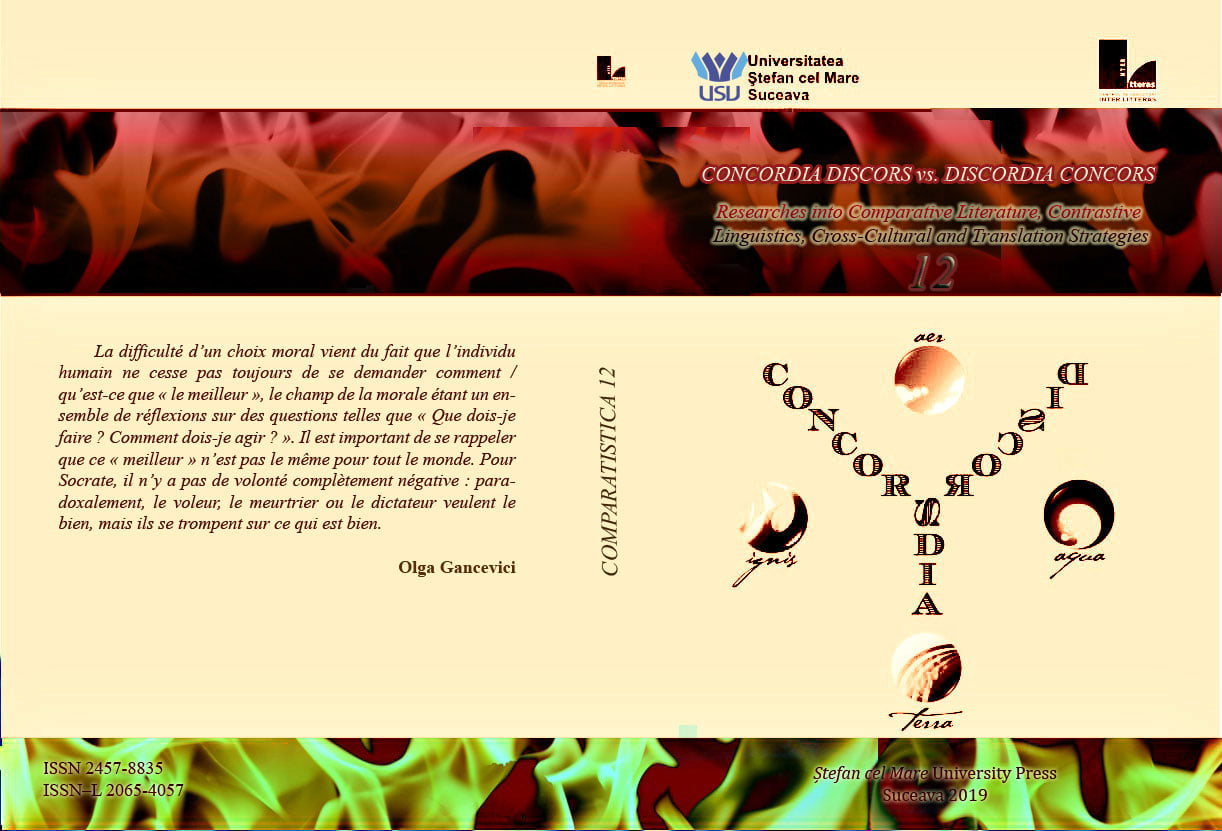L’influence de certains paramètres expérimentaux et de la fluence cognitive sur les jugements de type utilitariste
The Influence of Several Experimental Parameters and of Cognitive Fluency on Utilitarian Judgements
Author(s): Olga GanceviciSubject(s): Language and Literature Studies, Theoretical Linguistics, Applied Linguistics, Comparative Linguistics, Theory of Literature
Published by: UNIVERSITATEA »ȘTEFAN CEL MARE« SUCEAVA
Keywords: (sacrificial) moral dilemma; utilitarian; deontological; digital device; Covid19;
Summary/Abstract: This article has been withdrawn as of 20.05.2021. Our report targets a quasi-experimental study that was carried out in April 2020, at the onset of the state of emergency in Romania. Drawing on Your Morals Depend on Language by Costa et al. (2014) and the experiments presented in “Granny dumping”: Acceptability of sacrificing the elderly in a simulated moral dilemma by Kawai, Kubo & Kawai (2014), our research put forth the hypothesis that the participants would be willing to sacrifice an elderly person in order to save a younger one. Furthermore, we rely on Contemporary morality: Moral judgments in digital contexts by Barque-Duran et al. (2017) for interrogating and investigating the relationship between the devices we employ (PC/laptop or smartphone) and the moral judgements that require a response from us against the background of our digital age. As the univariate analysis of variance (ANOVA) yielded inconclusive results that invalidated our research hypotheses, especially the one proposing the participants‘ increased utilitarian tendencies when facing a (sacrificial) moral dilemma presented in a foreign language, a second study was carried out, employing the established dilemmas illustrating the dual nature, i.e. deontological vs. utilitarian, of moral judgement: the trolley dilemma or the switch dilemma, described by Foot (1967) and the Fat Man dilemma or the footbridge dilemma, presented by Thomson (1986). The results that mostly invalidated the hypotheses provide informative insights into a precise moment of worldwide crisis significantly foregrounding uncertainty and other subjective states of mind
- Issue Year: 2019
- Issue No: 12
- Page Range: 11-21
- Page Count: 11
- Language: French

